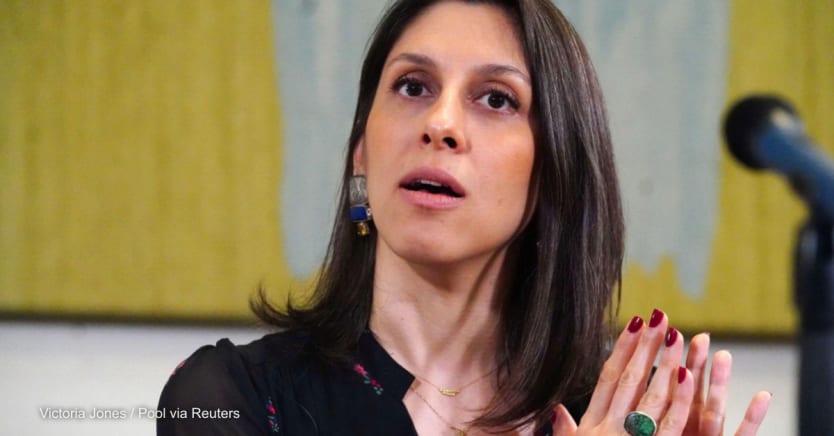
A debt of around £400 million ($528 million) paid by the United Kingdom to Iran, which enabled the release of hostage Nazanin Zaghari-Ratcliffe last week, will not be paid from the aid budget, according to James Cleverly, minister at the Foreign, Commonwealth & Development Office.
The Pro read:
What more UK aid cuts could mean for climate change, health, and conflict
Despite global instability, dire climate forecasts, and a pandemic, the U.K. development sector is bracing for more aid cuts to programs aimed at tackling these problems. Experts tell Devex why they are needed.
The government had said previously that the money Britain used to repay Iran — a country currently under U.K. financial sanctions — would be used for humanitarian items, leading to questions in the development community about whether the funds would be drawn from coffers earmarked for development.
But answering a parliamentary question, Cleverly clarified: “The funds used to pay this debt do not count as Official Development Assistance, but they will only be available for the purchase of humanitarian goods.
“The IMS [International Military Services] debt has been settled on terms confidential to both parties. The payment was made in full compliance with U.K. and international sanctions and global counter-terrorism financing and anti-money laundering regulations.”
The debt was incurred when the U.K. did not fulfill an order of tanks to Iran after the fall of the country’s then shah, Mohammad Reza Pahlavi, in 1979. It has been a key sticking point in negotiations for the release of Zaghari-Ratcliffe and Anoosheh Ashoori, another hostage who was held for nearly five years, from detention in Iran.
Why does it matter: There is significant concern in the U.K. development sector about pressures on the ODA budget after two rounds of cuts. Had the £400 million payment to Iran been paid for using aid, it would likely have harmed further programs. £400 million is nearly the total amount of U.K. aid support for Ukraine so far.
